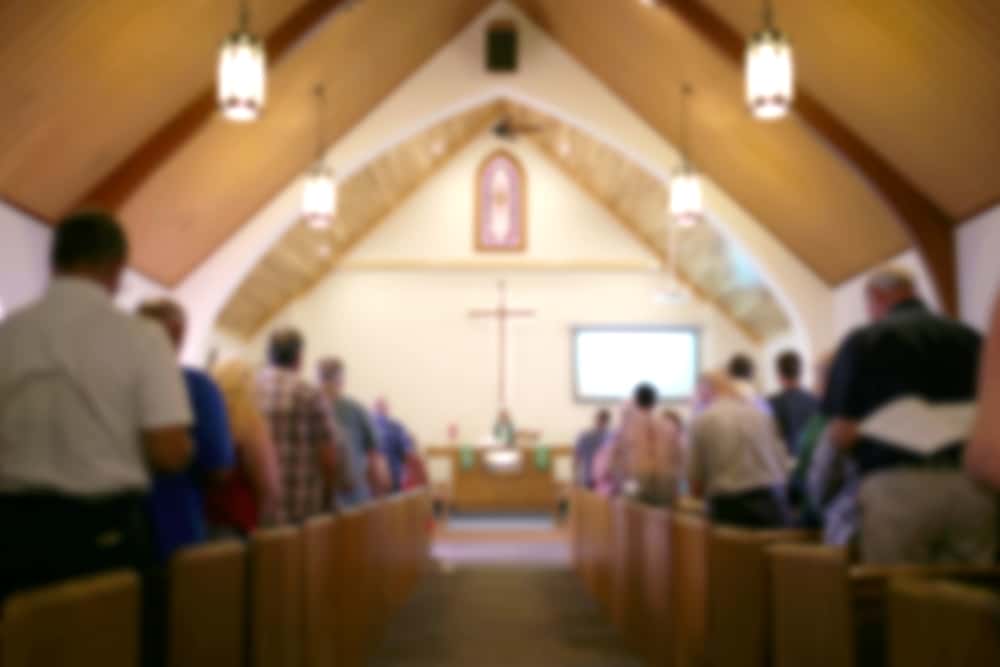
In Eastern and Southern Europe, it’s not unusual, even today, for a family to build a house over the course of many years — even a decade or more. On a trip to Serbia and Montenegro in 2005, some colleagues and I visited a former coworker who took us to the house that she and her husband were building in an area outside town. They had been working on it for a few years, ever since they had moved back, and it was less than half-finished.
All of the houses around theirs were in more or less the same state. We were there on the weekend, so there were families out working, laying bricks, placing stone, pouring concrete, installing windows, painting walls that were 12 inches thick. During the week, they might put in an hour or two after work, too, if they could spare it. And, of course, sometimes construction would stop for weeks or months at a time, as they saved up money for the materials they needed for the next stage of the project.
In the meantime, our friends lived in an apartment in town. Others lived with parents or extended family. They all looked forward to the day when they would have a place of their own, but they could wait. What was most important to them was that, when the house was finished, it would be theirs, free and clear, and it would be built to last.
That, perhaps, is the part that most Americans would find the oddest: Long after the McMansions currently being built here with 30-year mortgages have fallen apart or been knocked down to be replaced by another house that a different bank owns, Ljiljana’s and Radisa’s home, owned free and clear before they ever moved in, will still be standing. Unlike us, they weren’t willing to go into debt to build a house quickly with materials that aren’t meant to stand the test of time.
America is the land of the quick fix. It’s the flip side of our unwillingness to restrain our appetites. We treat our bodies badly for years, and then we go on medication for the rest of our lives to let us keep living in the style to which we’re accustomed. We buy cheap items and throw them away when they break, then hit reorder on the same item in our Amazon history.
We act the same way with regard to our public life. We prefer politicians and civic leaders who tell us that there’s an easy answer to every problem, no matter how big. We don’t like hearing about trade-offs, compromises and certainly not sacrifices.
But that’s not how anything worth having — much less anything that will last — is ever built. Marriage is built on compromise. Families are built on sacrifice. Societies are built on trade-offs between competing interests.
And none of them are built in a day — not if they’re built to last.
Scott P. Richert is publisher for OSV.





